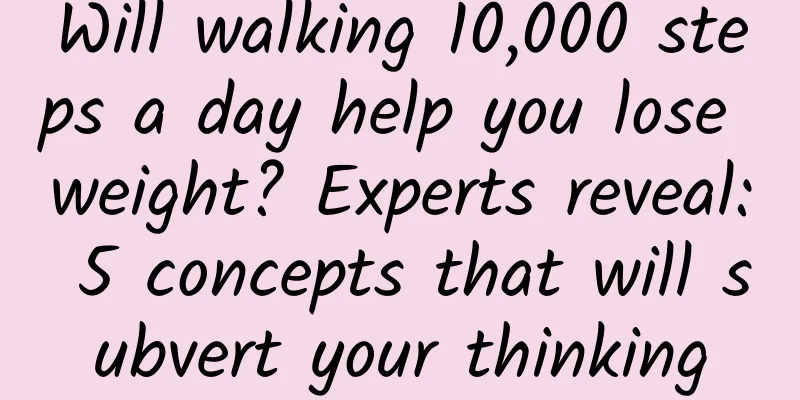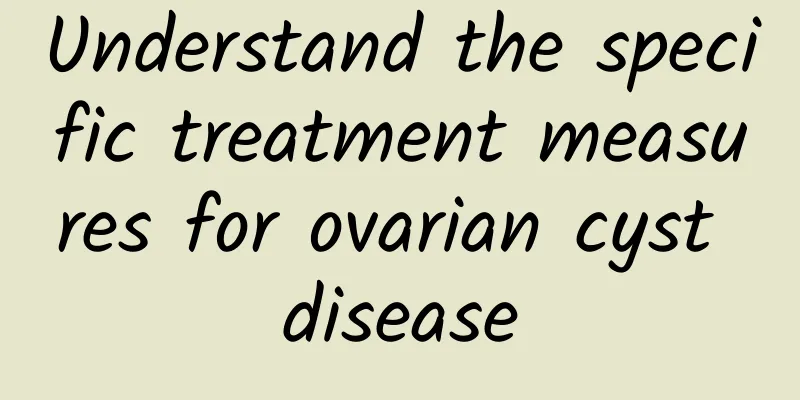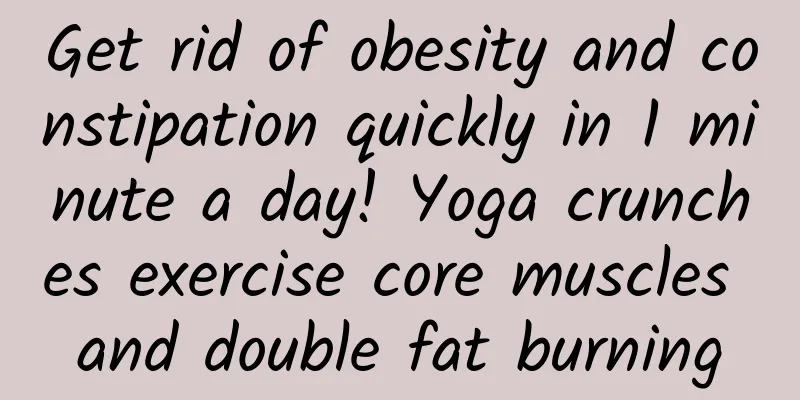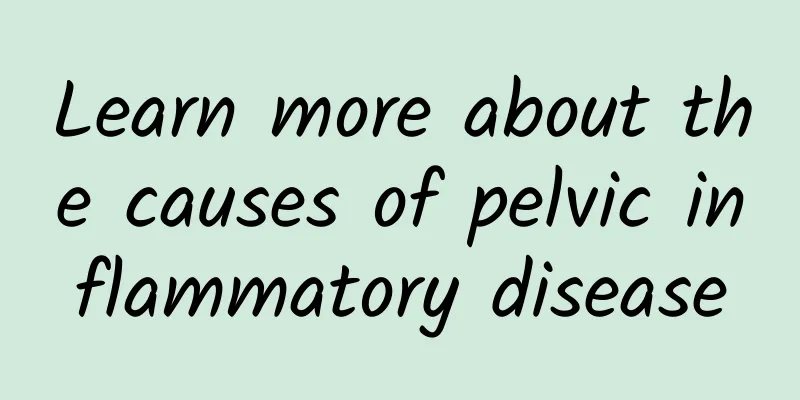Will walking 10,000 steps a day help you lose weight? Experts reveal: 5 concepts that will subvert your thinking

|
In order to lose weight and fight obesity, many people choose to join the "10,000 steps a day" movement, believing that walking 10,000 steps a day can help burn calories and help lose weight. However, digestive surgeon Guo Yanliang pointed out that this argument is not entirely correct, and put forward five major concepts that overturned many people's ideas about weight loss. 5 weight loss concepts that will subvert your thinkingConcept 1: Will I lose weight if I walk 10,000 steps a day? wrong! Modern people sit for a long time and move less. The government encourages people to develop the habit of walking 10,000 steps a day to stay away from obesity and its complications. Therefore, more and more people use pedometers or mobile phone apps to help record their daily walking steps. However, digestive surgeon Guo Yanliang said that clinical observations show that only 60% of people are suitable for this method of weight loss; the key to walking that really affects the weight loss effect is not the "number of steps" but the "speed" and "time". The way the body uses energy changes with the intensity of exercise. Studies have found that walking speeds below 6 kilometers per hour mainly burn fat, and the proportion of fat as fuel is highest in the 5 to 6 kilometers per hour range, which is the best speed for walking weight loss and an exercise intensity that most people can handle. Once the walking speed exceeds 6 kilometers per hour, the body's energy demand is fast and high, so it switches to burning glucose instead of fat. In addition, walking too fast can easily make you tired, so the number of people who give up on losing weight will increase accordingly. A speed of 5 kilometers per hour is about 2 steps per second. In addition, the walking time should accumulate to more than 30 minutes a day, which can be done in several sessions, each lasting at least 10 minutes. According to the formula of "speed × time = distance", brisk walking at an ideal speed for 30 minutes a day can achieve the effect of weight loss and fat burning. You don't have to be too concerned about the number of "10,000 steps". Concept 2: Whether or not you succeed in losing weight depends solely on your weight? wrong! When losing weight, you can’t just look at whether you’ve lost weight! At the same weight, the volume of fat is 5 times that of muscle, and exercise can make muscles firmer and heavier, thereby increasing the basal metabolic rate and helping to lose weight. This is why athletes look thinner and people who do not exercise look fatter when they weigh the same 50 kg. Dr. Guo Yanliang said that the evaluation indicator for weight loss effectiveness is "waist circumference". The current government slogan of "waist circumference of 80 to 90" is easy to remember, but it cannot be applied universally as everyone's height varies greatly. With the same waist circumference, the strange phenomenon of "tall people becoming slim and short people becoming Doraemons" may easily occur. A more scientific approach can refer to foreign research: regardless of gender, half of the height is considered a "healthy waist circumference", and the "healthy waist circumference" is discounted by 10% and rounded to the nearest decimal point to obtain the "ideal waist circumference". For example, for a 170 kg woman, a healthy waist circumference should not exceed 85 cm; but if she wants to have a better-looking figure, she must make her waist circumference smaller. The number obtained by rounding off 85x0.9 is 77 (cm), which is the ideal waist circumference. Obesity is a metabolic disease, and the rich fructose in fruits can interfere with metabolism. It is recommended to replace fruits with higher-fiber, low-calorie vegetables. Concept 3: Eating fruit for breakfast helps with bowel movements and helps you lose weight faster? wrong! Breakfast marks the beginning of a new day. Many people are accustomed to eating an apple, kiwi or banana for breakfast to help intestinal peristalsis, defecation and weight loss. However, "fruit is the enemy of weight loss!" Dr. Guo Yanliang explained that obesity is a metabolic disorder, and the rich fructose in fruit will interfere with metabolism. It is recommended to replace fruit with higher fiber, low-calorie vegetables. In addition, although the old proverb mentions: "Fruit in the morning is gold, noon is silver, and evening is copper." This is mainly for people with weak bodies. The nutritional absorption effect of eating fruit in the morning is better; for obese people who generally have overnutrition, it is just the opposite. Too good absorption makes it easier to gain weight. Therefore, it is recommended not to eat fruit for breakfast. At most, eat a little after dinner. The daily portion is limited to 1 serving, which is half of the 2 servings of fruit recommended by the National Dietary Guidelines. Concept 4: Eat more protein to lose weight quickly? wrong! Weight loss is like a martial arts competition, with each school forming its own faction. In recent years, the discussion on "supplementing with high protein to build muscle and lose weight" has been particularly heated. Some people believe that supplementing with more protein can prolong the duration of fat burning during exercise and overcome the weight loss stagnation period. However, "this concept is wrong"! For athletes, the main function of protein is to repair damaged tissues. Direct nutritional supplementation is less effective, and to supplement, you must first check whether you have protein deficiency. Once you supplement excessively, it is difficult not to gain weight. In addition, Dr. Guo Yanliang also said that compared with high protein, meal replacements or other preparations that claim to increase metabolic power, trace elements such as zinc, magnesium, and copper are more beneficial for weight loss. Obesity caused by insufficient trace elements in the body can be improved in two ways. If it is a problem of nutritional imbalance, it can be supplemented directly from daily diet; if it is due to poor gastrointestinal absorption, it is recommended to regulate the stomach first so that the nutrients and trace elements eaten can be well absorbed and then play their role, so as not to become a "bench player". Concept 5: No starchy foods for dinner? wrong! Many people believe that starchy foods containing carbohydrates are quickly absorbed by the human body and can easily lead to obesity, so they completely give up staple foods such as rice, noodles, and toast for three meals a day, or adopt a diet pattern of not eating starch after 6 pm. Although this method can be effective in the short term, starch is the body's basic source of energy. If starch intake is insufficient for a long time, the body will lack sufficient energy, the basal metabolic rate will decrease, and the work that starch should have been responsible for will be supported by other nutrients. Long-term overdraft of other nutrients will affect the overall functioning of the body, leading to weight regain, or even being fatter than before losing weight. Dr. Kuo particularly emphasizes that "dieting to lose weight will definitely lead to weight regain." People who are trying to lose weight must eat three meals a day, and starches are definitely allowed. Regularizing food intake and meal times will help the body regulate and better grasp and use energy. |
Recommend
Menopause Self-Care Tips
It refers to the transition period from the vigor...
How to deal with irregular menstruation? There are 6 ways to treat irregular menstruation.
What should I do if I have irregular menstruation...
How to prepare for pregnancy with habitual miscarriage? What should patients with a history of habitual miscarriage pay attention to?
If a woman has experienced habitual miscarriages ...
What should I eat if I have cervical warts?
Cervical warts are a very common disease nowadays...
Postpartum weight loss campaign! Eating like this makes it easier to lose weight
Summer is officially here! You should be welcomin...
There are growths on the inner wall of the labia majora. Bacterial vaginosis was detected last month.
There are growths on the inner wall of the labia ...
Walking to help burn fat: 4 NG postures to avoid
If you want to lose weight healthily, in addition...
There are auspicious times to eat fruits. Are you eating them right? Which is better, before meals, after meals, or between meals? Nutritionists say...
Fruits contain rich nutrients such as vitamins, m...
Overview of Vulvar Leukoplakia
Leukoplakia vulvae, also known as vulvar dystroph...
Does hydatidiform mole affect life expectancy?
Doctors at the Obstetrics and Gynecology Hospital...
What department should I go to for primary amenorrhea?
Primary amenorrhea should be checked by a gynecol...
What are the symptoms of uterine fibroids? What are the manifestations of uterine fibroids?
Many women want to know what the symptoms of uter...
Rational use of drugs for threatened abortion
For all expectant mothers, if there is a sign of ...
Loving to eat sweets not only makes you fat, it also hurts your heart! Nutritionist You Weiming: 2 tips to avoid sugar harm
When the weather is hot, many people like to sip ...
What is threatened abortion bleeding?
If a pregnant woman experiences threatened miscar...









